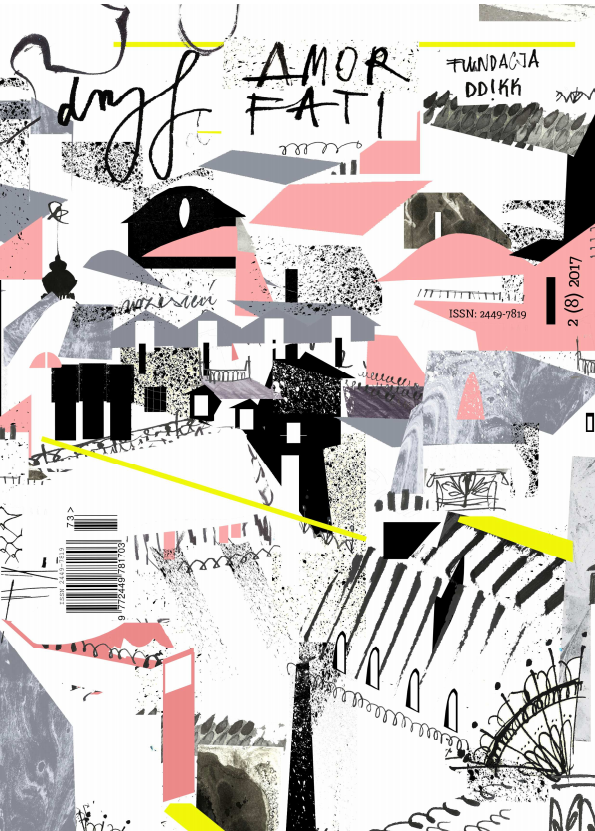Fenomenologiczno- (neuro)kognitywistyczny opis emocji w odbiorze dzieła sztuki na przykładzie „Obrazów Londynu” Wojciecha Karpińskiego
Phenomenological – (neuro)cognitivist description of emotion in the reception of works of art on the example of “Obrazy Londynu” by Wojciech Karpiński
Author(s): Barbara TrygarSubject(s): Fine Arts / Performing Arts, Neuropsychology, Clinical psychology, Phenomenology
Published by: Fundacja „dzień dobry! kolektyw kultury”
Keywords: Esthetic emotions; work of art; painting; survival; value;
Summary/Abstract: In the article I concentrate on examining Obrazy Londynu by Wojciech Karpiński from the perspective of phenomenological and neuro)cognitivist examinations. The interactive position allows the analysis of the mechanisms of the perception of works of art by the hero. The reception of works of art is a tangle of the entire sequence of intellectual processes, among which cognitive processes play a central and emotional role. The intertwining of cognitive processes and emotional processes is a specific mechanism causing that the recipient does not leave the work right after the confrontation with it, but consequently carries out further intellectual activities which are essential for its full understanding. At first the sensory, then the intellectual reflection of the hero, lets him discover his self anew, teaches him how to look at the world and Others. Ie lets him come into contact with endless and ambiguous reality. In this sense, every art becomes a concept. It always entails some "theory of existence" articulated in the language of colors, contours, lines and the play of light which requires translation to the discursive language.
Journal: Amor Fati
- Issue Year: 8/2017
- Issue No: 2
- Page Range: 213-236
- Page Count: 24
- Language: Polish

